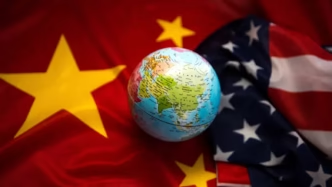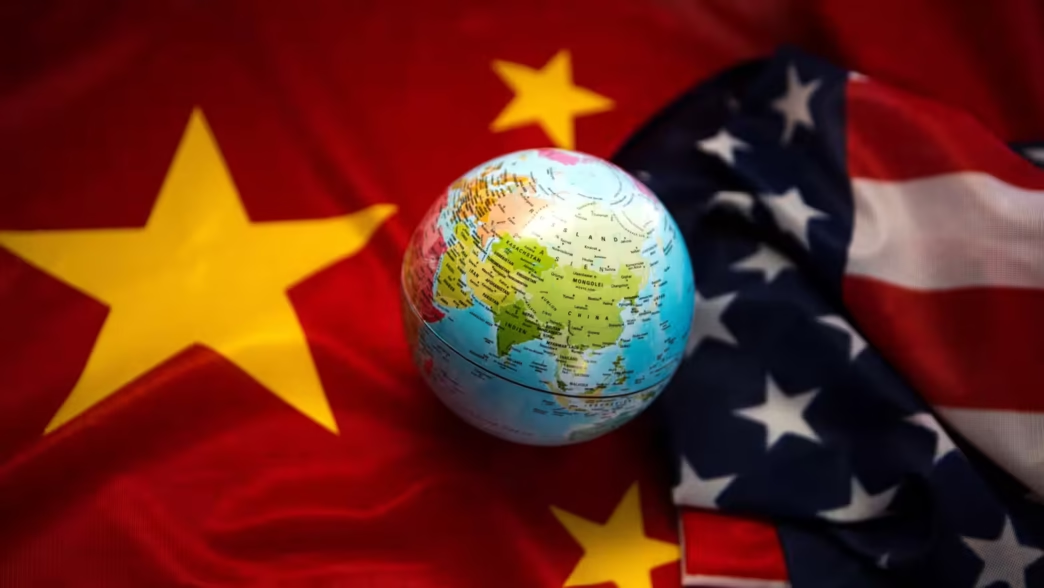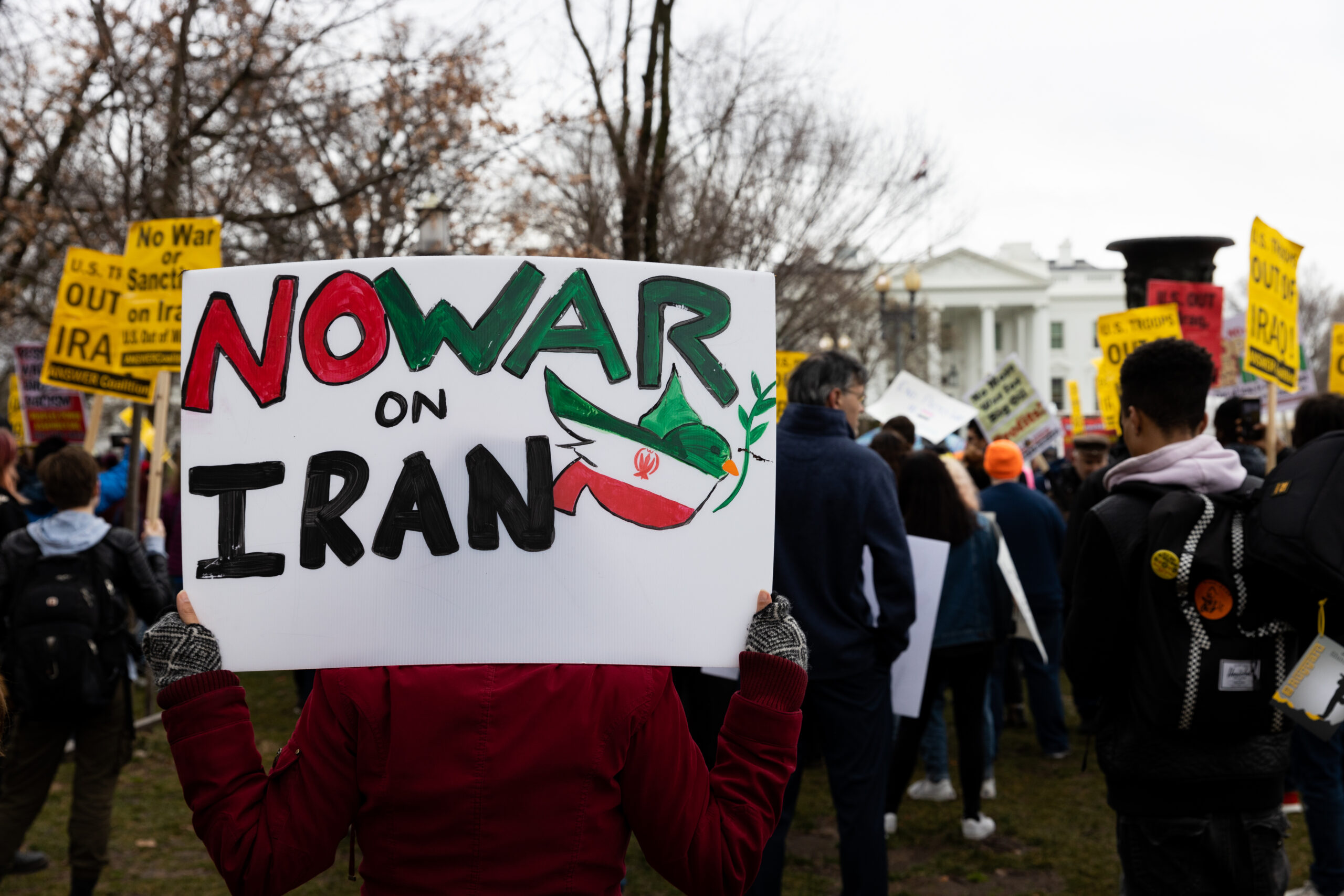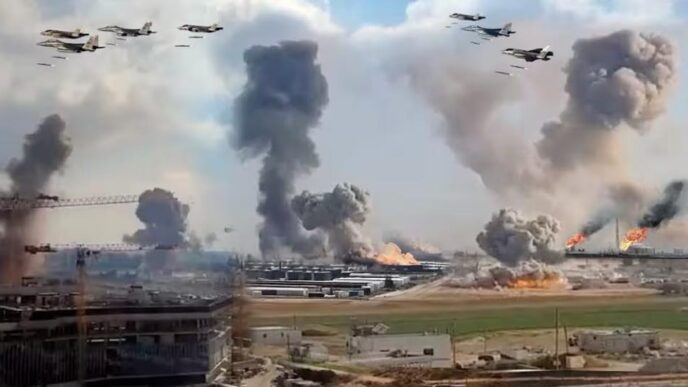If China and Russia were to directly enter a Middle East war on the side opposing the United States—whether diplomatically, militarily, or economically—it would represent a massive geopolitical shift with global consequences. While currently speculative, such a scenario would escalate the conflict far beyond regional boundaries, transforming it into a possible multi-theater global crisis or even a prelude to world war.
1. Global Military Escalation
- Multiple Fronts Open Simultaneously: The U.S. would face not just Iran and its proxies but a coordinated opposition that could involve cyberattacks, naval confrontations, and asymmetric warfare across the Middle East, Asia, and possibly Eastern Europe.
- Potential flashpoints include:
- The Taiwan Strait (China vs. U.S. and allies)
- Ukraine and Eastern Europe (Russia vs. NATO)
- The Red Sea and Persian Gulf (naval warfare and blockades)
This would stretch U.S. military resources and demand full-scale mobilization, likely triggering NATO responses, emergency military spending, and increased deployment worldwide.
2. Economic Shockwaves and Global Markets Collapse
- Oil Prices could exceed $200 per barrel if key infrastructure in the Gulf is destroyed or blockaded.
- Global stock markets would plummet due to uncertainty and massive sell-offs.
- Supply chains—already fragile—would break down entirely, especially in tech, energy, and agriculture.
- Gold, silver, and Bitcoin might surge as safe-haven assets, but the broader economy would spiral into recession or depression.
Global inflation would skyrocket, and central banks would likely abandon typical monetary policies to stabilize currencies and financial institutions.
3. China and Russia’s Strategic Roles
- China could:
- Use the war as a distraction to advance claims in the South China Sea or take action against Taiwan.
- Supply Iran and its allies with advanced technology, satellite intelligence, or even weaponry.
- Leverage economic tools, like cutting off rare earth minerals to the West or undermining the U.S. dollar in international trade.
- Russia could:
- Open a second front in Ukraine or expand conflict in Eastern Europe to divide NATO.
- Supply arms and air defense systems to Iran or Hezbollah.
- Launch cyberattacks on U.S. infrastructure, banking systems, or defense networks.
4. Diplomatic Collapse and Alliances Shifting
- The UN Security Council would be paralyzed, with veto power blocking any collective resolution.
- Non-aligned nations may be forced to choose sides or face economic sanctions.
- Countries like Turkey, Saudi Arabia, and India could try to remain neutral or act as power brokers—but neutrality would be difficult to maintain.
5. Nuclear Risk Increases
If conventional warfare spirals out of control, the risk of nuclear confrontation rises dramatically, especially with:
- U.S. and Russia both on alert.
- Iran possibly developing or deploying nuclear weapons.
- Israel’s nuclear arsenal being brought into play in response to existential threats.
Final Thought
If China and Russia directly join a Middle East war against the U.S., the world would face an unprecedented geopolitical and economic crisis. It would no longer be about isolated conflicts—but about the reshaping of the world order. Such a development would redefine alliances, destroy economies, test military limits, and bring humanity dangerously close to global war.
While this remains a worst-case scenario, even small escalations between these powers in the Middle East must be treated with extreme caution. The future of global stability could depend on how the next moves are made.















